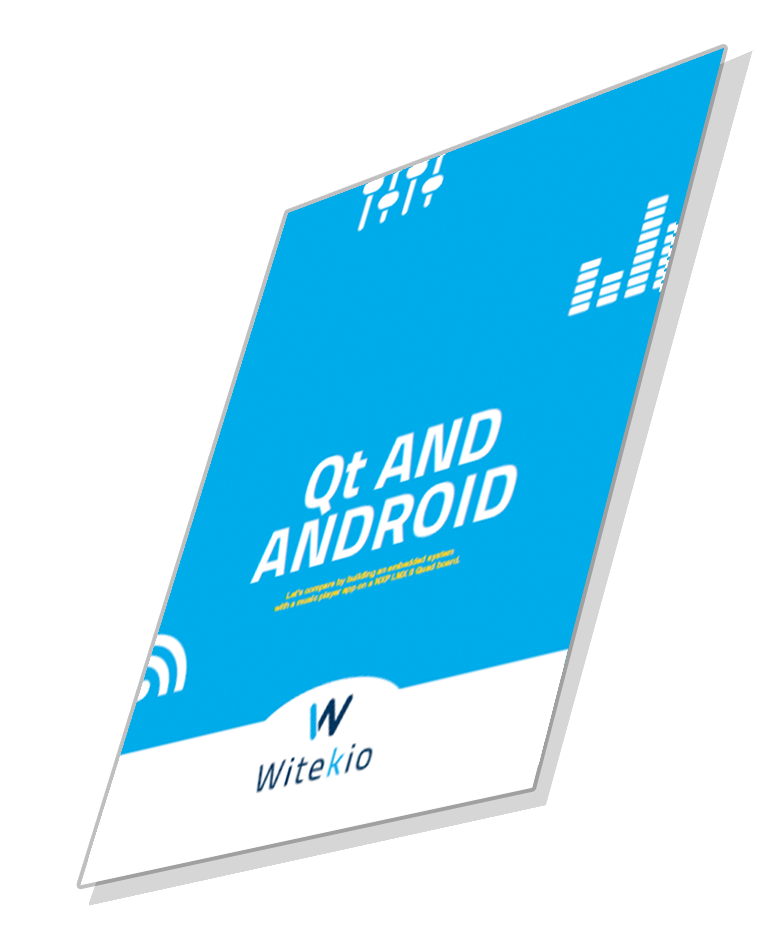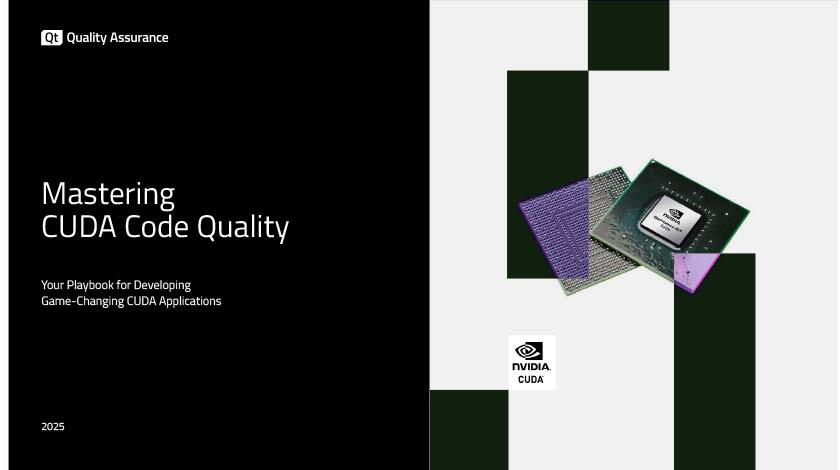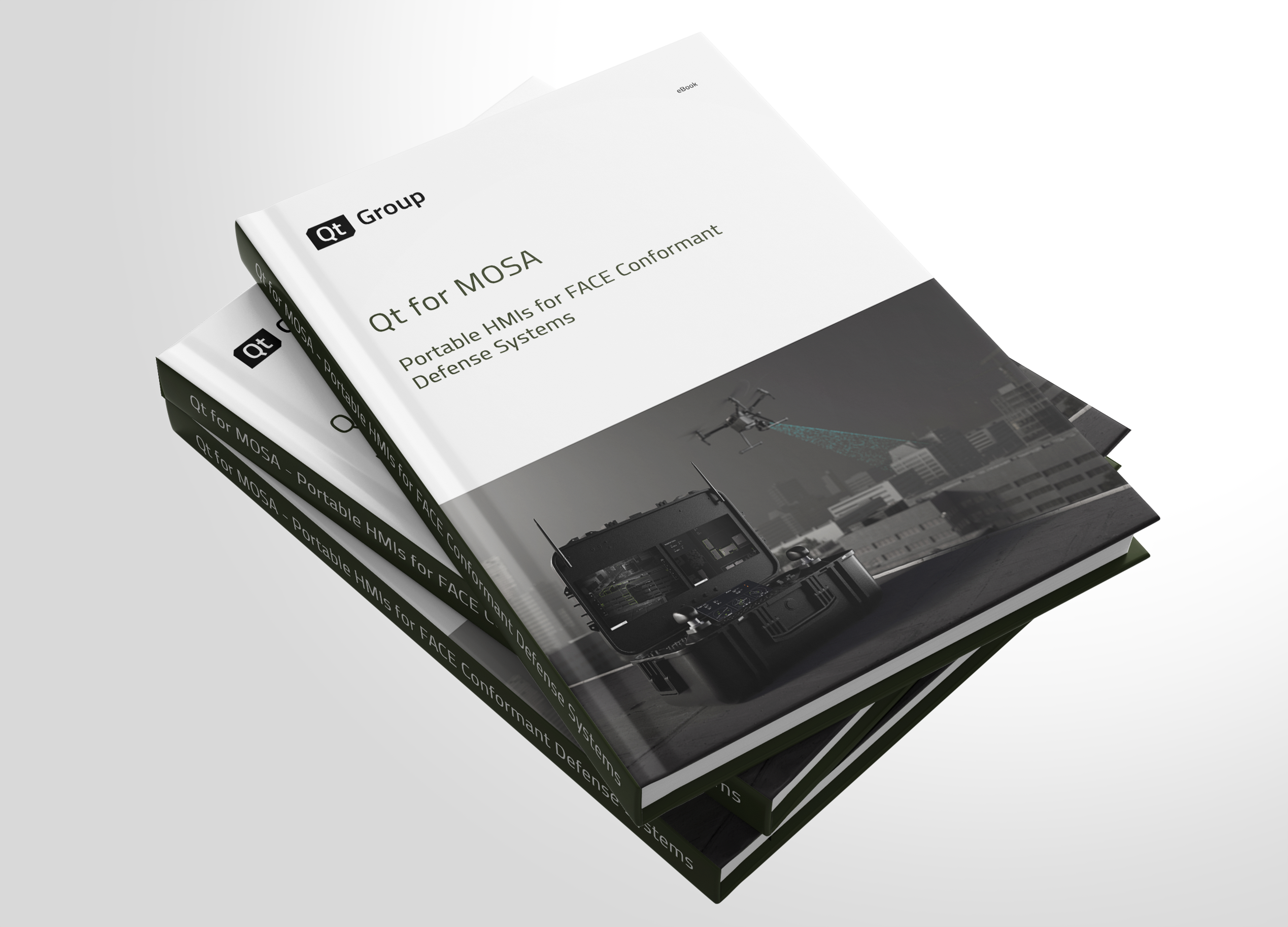
White paper: Qt & Android
Witekio performed an unbiased and exhaustive real-life comparison from the point of view of three embedded software development experts by creating a Music player app for an NXP i.MX 8 Quad board on both development platforms.
The free white paper goes compares Qt and Android in detail across three criteria:
-
Framework functionality
-
Development ease
-
Development speed
For each criterium, Witekio’s experts explain how each framework performs and offer clear examples as to the strengths and weaknesses of each approach in the context of the development process. You can even find their source codes at the end of the white paper!
Get DocumentOh, here is more
Axivion for CUDA: Mastering CUDA Code Quality
This guide is a comprehensive playbook for ensuring high-quality CUDA C++ applications. It addresses...
Get DocumentHandbook: How to Get Started with Automated Testing
Moving from manual to automated testing doesn’t mean replacing people with scripts. It means giving ...
Get DocumenteBook: Qt for MOSA - Portable HMIs for FACE Conformant Defense Systems
To best fulfill the demands of the Aerospace and Defense sector, a new version of Qt has been releas...
Get Document

